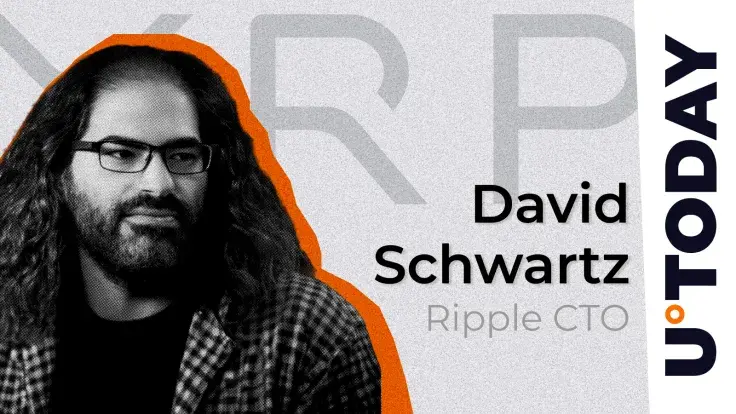
There has been a lot of back and forth recently about Ripple and XRP Ledger, with people questioning how decentralized it really is. Blockchain researcher Justin Bons has accused XRP of being centralized and permissioned, with criticism focusing on its reliance on Unique Node Lists (UNLs). Bons said this design is basically based on proof of authority (PoA), which he thinks is a bad idea compared to the trustless frameworks of proof of work (PoW) and proof of stake (PoS).
At the heart of Bons’ argument lies the assertion that the Ripple Foundation wields disproportionate control over the network. Dynamic changes to UNLs, controlled through foundation-hosted infrastructure, were presented as evidence of centralized oversight.
Even the requirement for a 90% overlap in UNL configurations to avoid forking, according to Bons, signifies an exclusionary and permissioned model. The absence of crypto-economic incentives for validators further compounds what he sees as a flawed system, lacking both decentralization and alignment with cryptocurrency principles.
Ripple CTO weighs in
Into this storm stepped Ripple’s CTO, David Schwartz, offering a perspective that reframed the narrative. Validators, he noted, play a minimal role in determining the network’s fairness or security, as their influence is limited to short-term transaction ordering.
Not only are validators uncompensated, but they also cannot act unilaterally to censor transactions unless enabled by other participants, a rare scenario given the system’s distributed nature. Unlike PoW systems, which Schwartz described as prioritizing monetary dominance, XRP operates on a design that minimizes the potential for concentrated control.
Schwartz pointed out that many people do not realize that decentralization is more than just technical. It is also about having open transaction rules, a public ledger and letting users modify and enforce system code on their own. He acknowledged that XRP is a unique structure, but he does not think that makes it centralized.


 Dan Burgin
Dan Burgin U.Today Editorial Team
U.Today Editorial Team